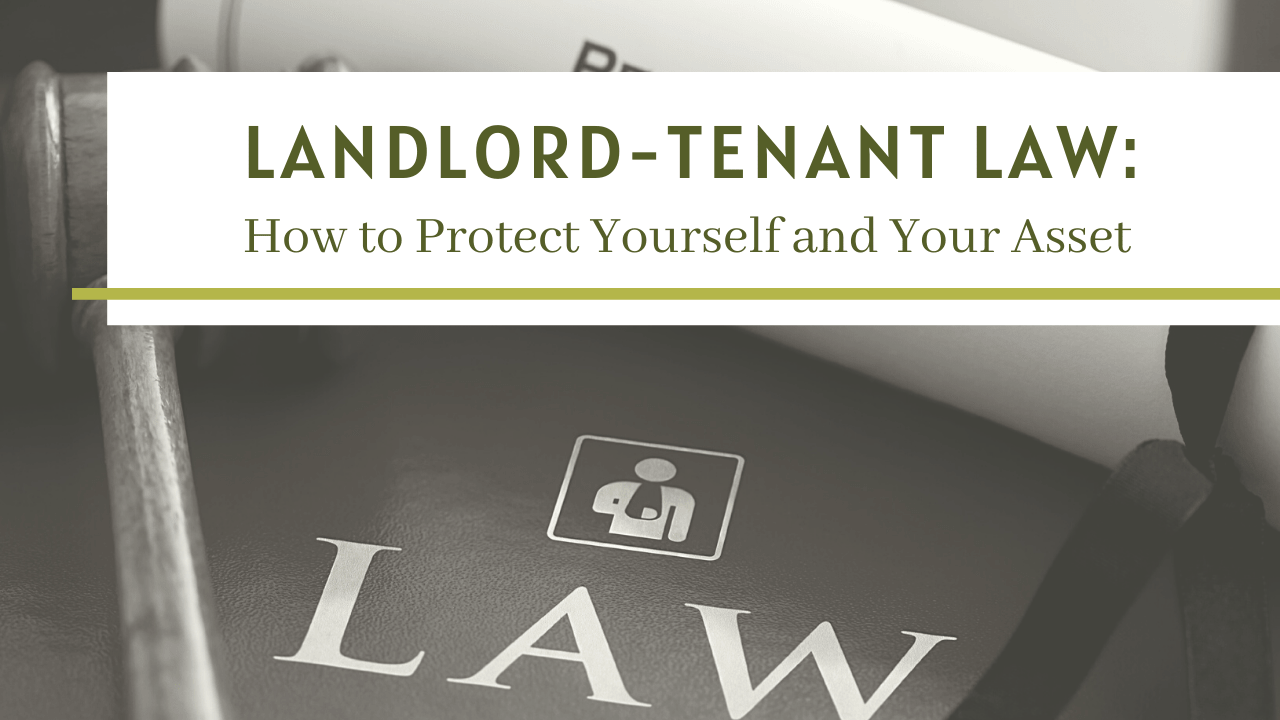When you’re renting out a property in Florida, you need to have a thorough understanding of the landlord and tenant laws. You need to provide a habitable and safe home for your tenants, and your tenants in return must pay you the agreed-upon rent every month. Those are the basics when you enter into a lease agreement, but you have to make sure you know more than the basics. It’s the only way to protect your rights as a landlord and to protect the value of your investment property.
Mistakes are easy and expensive when you don’t know or understand your legal requirements.
The first thing you need to do is make sure you have a strong lease agreement that protects you and your tenants. Don’t download any template you find online because it won’t necessarily cover all the laws and requirements in Florida. Ask for a lease from a
Florida property manager
or real estate attorney.
We’re covering some of the basics to landlord and tenant laws today. However, this is in no way a comprehensive or exhaustive discussion about what you need to know. We strongly encourage you to educate yourself completely on the landlord and tenant laws, or to work with a professional property management company that can keep you safe from liability and ensure you’re always in compliance.
Federal Laws – Fair Housing and ADA
Some of the most important laws that landlords must pay attention to are federal laws.
Fair housing laws, for example, make it illegal to discriminate against several classes of people when you’re marketing your property, screening applications, or enforcing your lease with tenants. Make sure you’re consistent, and have documented processes that demonstrate you are fair and treating everyone equally. You cannot make decisions or take actions based on a tenant’s or applicant’s color, race, religion, national origin, sex, disability, or familial status.
The Americans with Disabilities Act is also important for Florida landlords to know. It’s not enough to avoid discriminating against people with disabilities when it comes to your property; you’re also required to make reasonable accommodations for people who need them. Service and support animals are a big part of this, and it’s an area of the law that’s always changing and updating.
Florida Security Deposit Laws
There is no limit to the
security deposit
amount that you collect. However, there are a lot of details involved in the collection and return of a Florida security deposit:
- First, you must disclose in writing whether a security deposit will be held in an interest or non-interest bearing account. Other information you have to provide includes the rate and time of interest payments, and the address of the bank where the security deposit is held. The law requires you to provide this information within 30 days of receiving a security deposit. We recommend you put it into your lease agreement so your tenants can access it before moving in and during the tenancy.
- You need to hold the security deposit in a Florida bank with a local branch office, even if you live outside the state. Security deposits do not need to be held in an interest-bearing account, but if they are, interest payments must be made both annually and at the termination of the tenancy. If you offer your tenants a renewal, you should pay interest on or before the one-year anniversary of the lease being executed.
- Florida law requires landlords to return a tenant’s security deposit within 15 days of move-out if there are no reasons to deduct money from that deposit. If you do plan to make deductions based on damage, cleaning costs, or past due accounts, you’ll have to return the remaining deposit and a detailed accounting within 30 days.
Reasons to Evict a Florida Tenant















